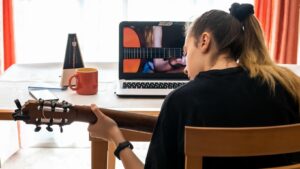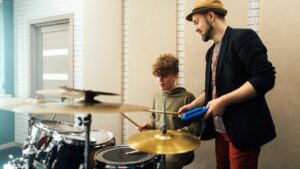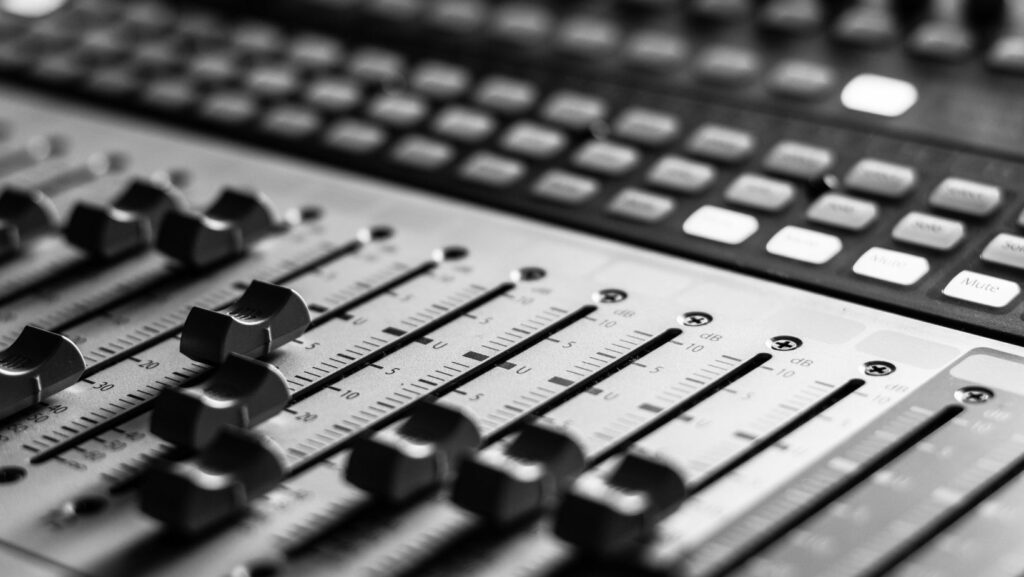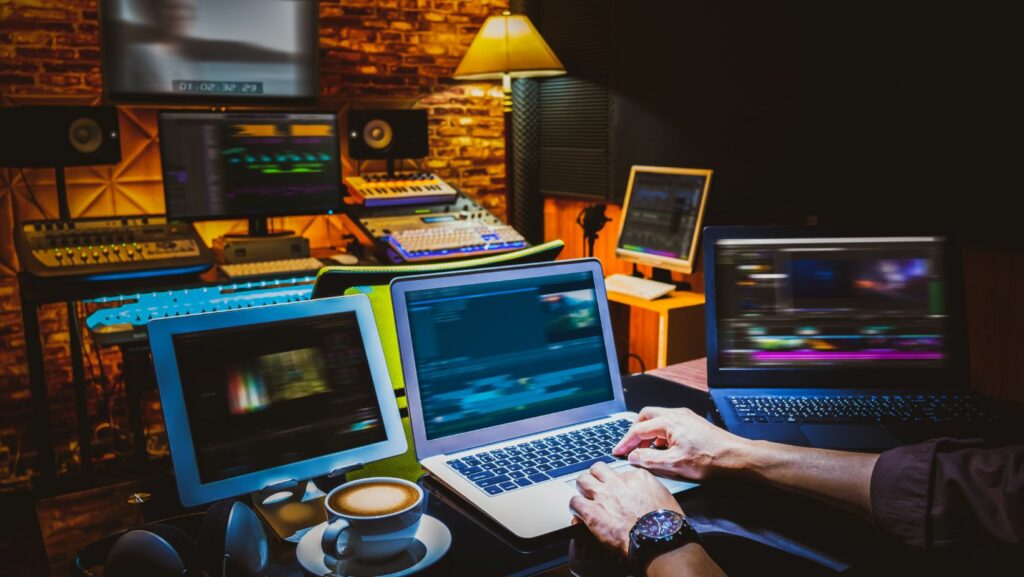In today’s digital age, music production has become more accessible than ever, drawing in aspiring artists and producers from all walks of life. With powerful software and tools at their fingertips, anyone can create professional-quality tracks from the comfort of their home. However, mastering the art of music production requires more than just equipment; it demands a deep understanding of sound, rhythm, and creativity.
Music Production Lessons
Mastering music production involves both technical skills and creative insights. Individuals should focus on several core aspects to produce professional-quality music tracks.
Key Elements of Music Production
Sound Design: Producers craft and manipulate audio elements to create unique sonic textures. This process involves selecting and shaping sounds that contribute to the track’s overall identity.

Rhythm and Beat Making: Establishing a rhythmic foundation is crucial. This involves creating drum patterns and instrumental grooves that drive the music forward and enhance its appeal.
Mixing and Mastering: These final stages refine a track. Mixing balances individual audio elements, while mastering optimizes the overall sound for various playback systems, ensuring clarity and consistency.
Importance of Music Production Lessons
Music production lessons play a pivotal role in developing an understanding of these elements. Structured guidance allows learners to explore advanced techniques under expert supervision. Lessons also provide access to a community of experienced musicians, facilitating feedback and collaboration. By enrolling in music production lessons, individuals expand their creative potential and technical proficiency.
Finding the Right Music Production Lessons
Finding suitable music production lessons enhances skills and develops creative potential. Lessons vary widely, tailored to different needs and preferences.
Online vs. In-Person Lessons

Both online and in-person lessons offer distinct advantages. Online lessons provide flexibility and access to a broad range of instructors globally. Platforms like MasterClass and Udemy deliver structured courses, ideal for those balancing busy schedules. In-person lessons, often available at local music schools or studios, enable direct interaction and immediate feedback from instructors.
Evaluating Course Content and Instructors
Assessing course content and instructors ensures lessons align with learning goals. Curriculum should cover fundamental aspects of music production, such as sound design, mixing, and mastering. Look for courses with hands-on projects to apply learned skills in real-world scenarios. Evaluate instructors based on experience and teaching style.
Essential Skills Taught in Music Production Lessons
Music production lessons equip learners with critical skills necessary for creating and refining tracks. They often encompass a variety of techniques and tools integral to producing high-quality music.
Sound Engineering Basics

Sound engineering forms the foundation of music production lessons. Students gain insights into audio principles like frequency, amplitude, and sound waves. They also learn to use audio equipment such as microphones, mixers, and speakers while understanding acoustic treatment to enhance recording quality.
Mixing and Mastering
Mixing and mastering are crucial stages in music production that music production lessons cover extensively. During mixing, students learn to balance individual track elements using EQ, compression, and reverb. In mastering, they focus on finalizing the track for distribution by ensuring overall volume consistency and tonal balance across different playback systems.
Using Digital Audio Workstations (DAWs)
Learning to use Digital Audio Workstations (DAWs) is central to modern music production lessons. DAWs like Ableton Live, Logic Pro, and FL Studio allow producers to compose, record, edit, and arrange music.
Benefits of Taking Music Production Lessons
Music production lessons offer significant advantages that extend beyond creating tracks. These benefits include refining technical skills, developing creativity, and fostering connections within the music industry.
Developing Technical Proficiency
Music production lessons equip learners with hands-on experience in using Digital Audio Workstations (DAWs) and audio equipment. They gain a solid foundation in sound engineering concepts like frequency and amplitude, crucial for high-quality production.
Enhancing Creative Abilities
Through structured guidance, music production lessons nurture creative expression by exploring various genres and styles. Students learn innovative approaches to crafting unique sounds and rhythms, encouraging experimentation. Lessons often include assignments that challenge learners to push creative boundaries, fostering original compositions.
Networking Opportunities
Music production lessons provide access to a community of artists, producers, and instructors. These connections offer valuable industry insights, feedback, and potential collaboration opportunities.
Additionally, the lessons foster connections within the music industry, opening doors to collaboration and valuable insights. Embracing music production lessons can transform a passion for music into a fulfilling creative journey.



